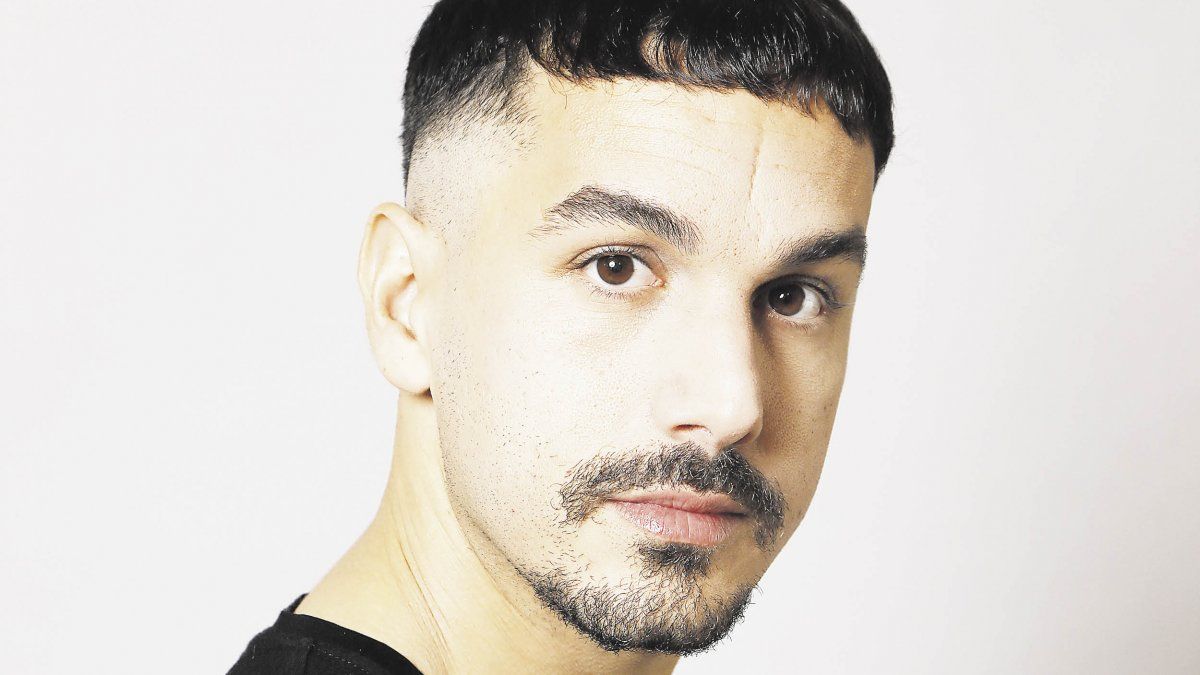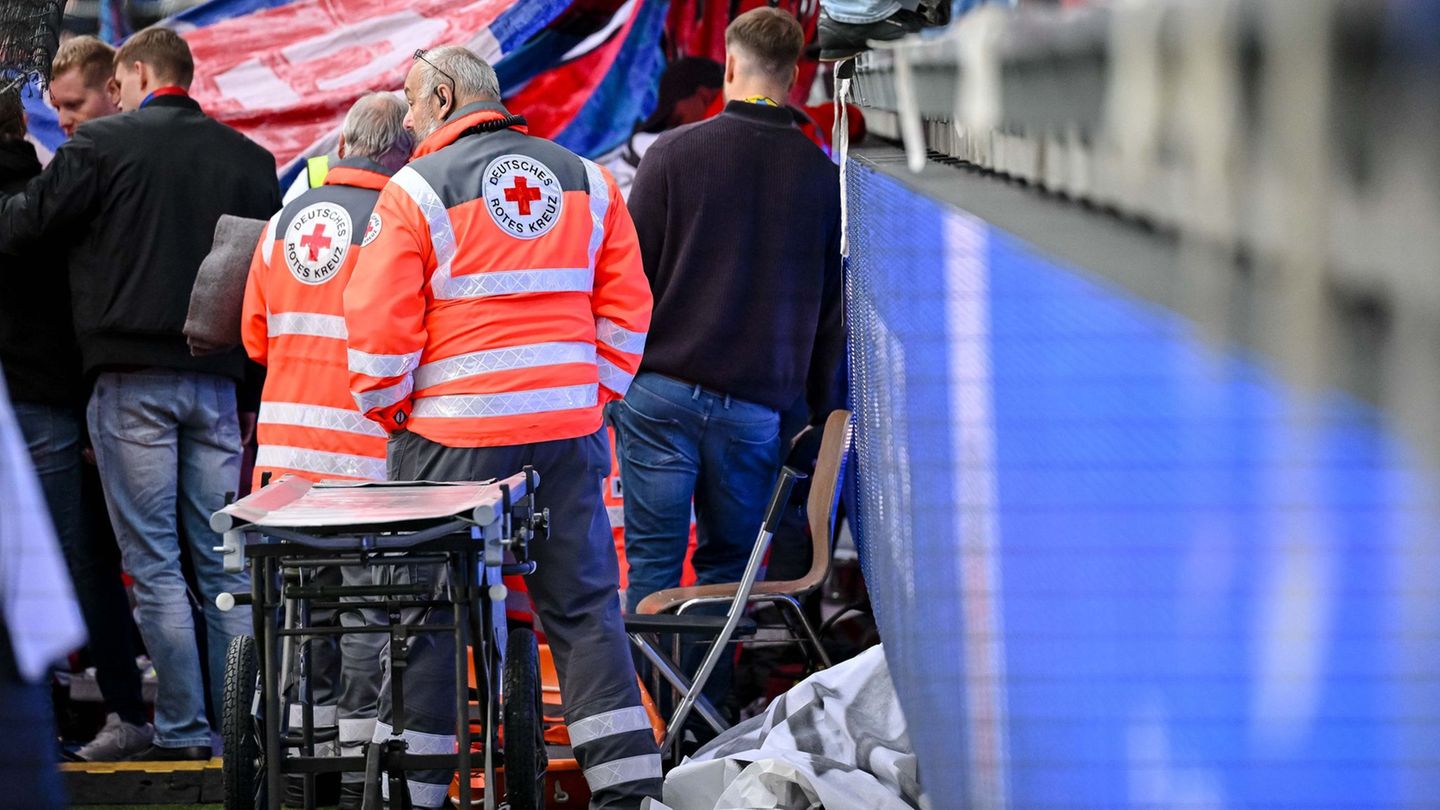Martin Slipak: In my first place, it was a one-person job, something I had never done and it tempted me, but it also scared me. I was summoned from Cervantes in a pandemic to interpret it in the enormous María Guerrero room and, when I was confronted with this very particular text, I was interested in the fact that it was a complaint about an open wound, because the case has not yet been resolved: a disappeared person in a democracy, something heinous, and the pursuit of justice. The work also proposes a lot of play, talks about the theatrical within the work and asks questions in relation to the representation. When they offered me the project, it was strange for me to think of a work made to be filmed before the public, but that was the case during the quarantine. Then it went viral on YouTube and some were chosen to do on the esplanade of the National Library. The first time I did it with an audience it was strong, Facundo’s mother was also present.
Q.: What hypothesis does the work support about the case?
MS: He talks about the involvement of the police in the cover-up and the political power of Córdoba. According to the family, they did not want to investigate and accused some kids who, for the family, have nothing to do with it. The work is very direct in relation to that, but it also rescues another area of Facundo’s life in relation to happiness, beyond the excluded, mistreated, unprivileged kid singled out by the police. He liked to write, sing, draw, he enjoyed his friends and family, so the work is a game of character. I mean, beyond terrible, it allows me to play, and that’s good. The work is also encouraged to talk about the world of the quartet, drugs, it gets fully into issues that other shows do not. It is spoken from the front.
Q.: What role does the mother play in the work and how did she take this work on the history of her son?
MS: The text is born from the bond between the author and Viviana, after approaching that fight and beginning to write exercises of scenes to represent in some places. The first thing we did with the director, before starting to rehearse, was to have a zoom with Viviana to listen to her and understand her when taking on the voice of her son. You have to be careful with that. Beyond the fact that I give it my interpretation, reading and imprint, I do not stop borrowing a voice that does not belong to me and a story that is harder than mine.
Q.: How do you see the current theater scene?
MS: I continue to be amazed at the number of languages that are put into play on the Argentine scene and in Buenos Aires. There is something beyond the crisis and impossibilities, there is an unstoppable search within the theatrical environment, especially the independent one. The theater that is made is nutritious, every time I travel abroad I want to see theater in other places but it never equals the number of layers, contradictions, ironies and subtexts that Argentine theater has. I am not a nationalist, it is an objective observation, that Argentine creators and actors have something very deep with many lines crossed at the same time, they are full of layers and questions that coexist. As complex as our society, the game is born from that complication, which turns it into a question and an art.
Source: Ambito
David William is a talented author who has made a name for himself in the world of writing. He is a professional author who writes on a wide range of topics, from general interest to opinion news. David is currently working as a writer at 24 hours worlds where he brings his unique perspective and in-depth research to his articles, making them both informative and engaging.




